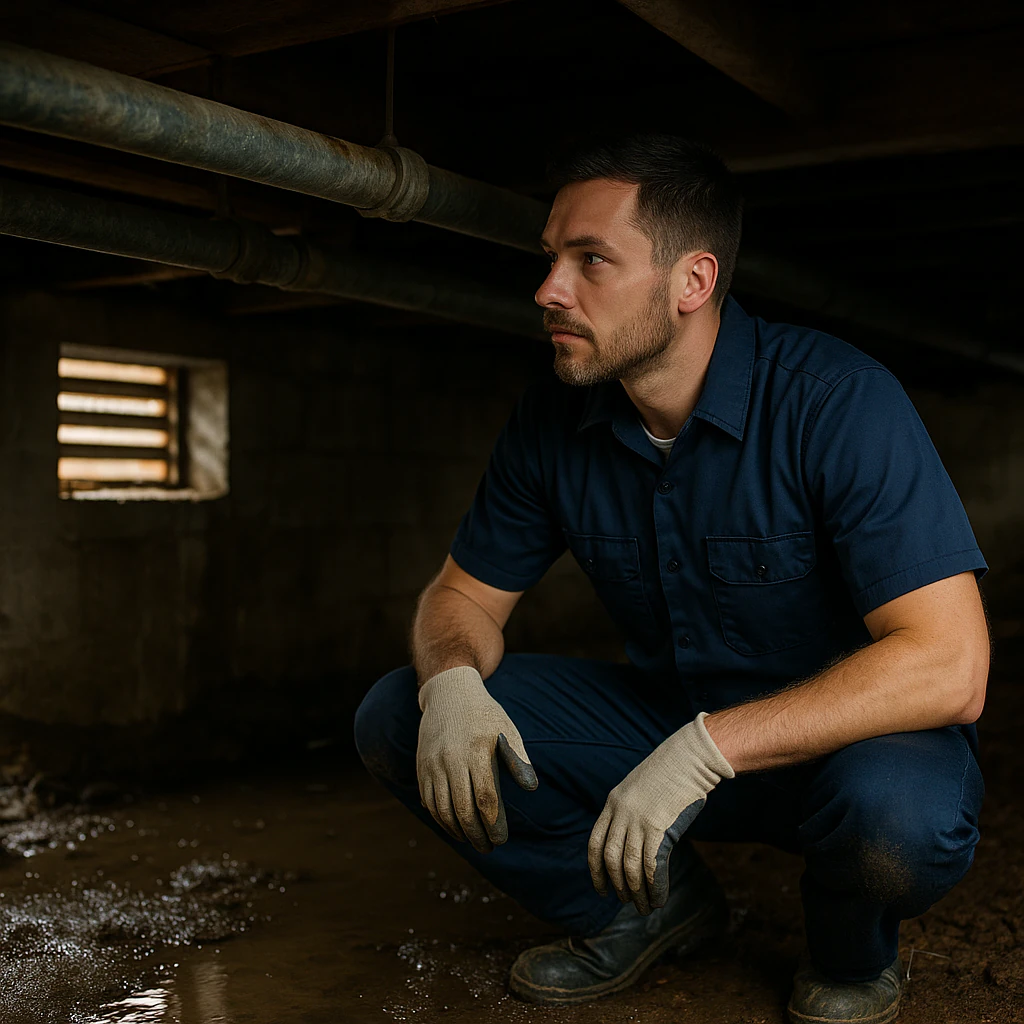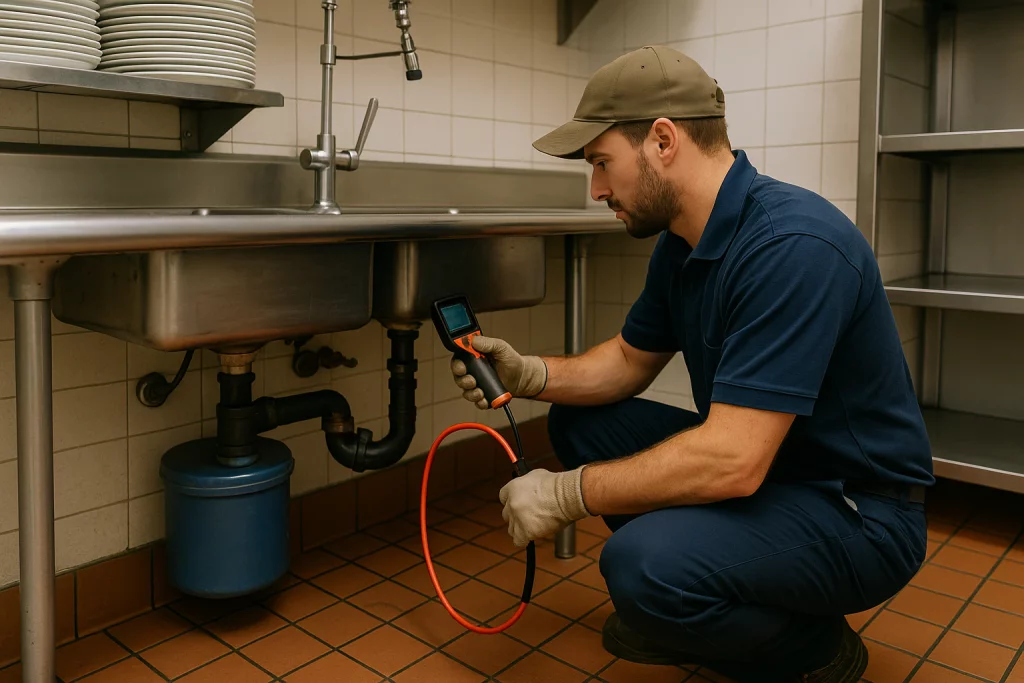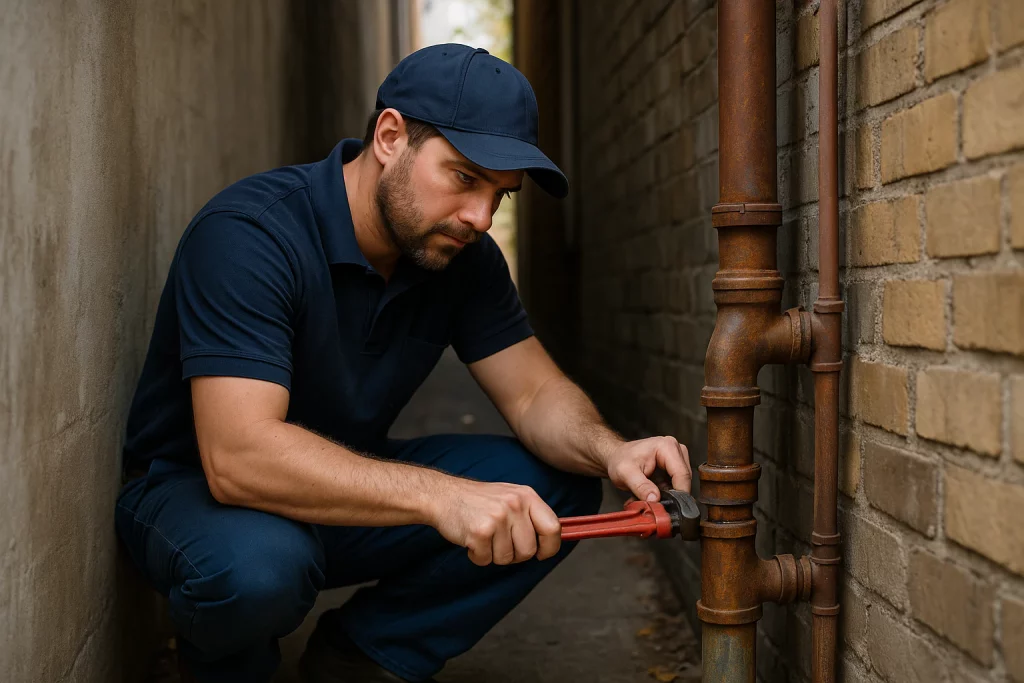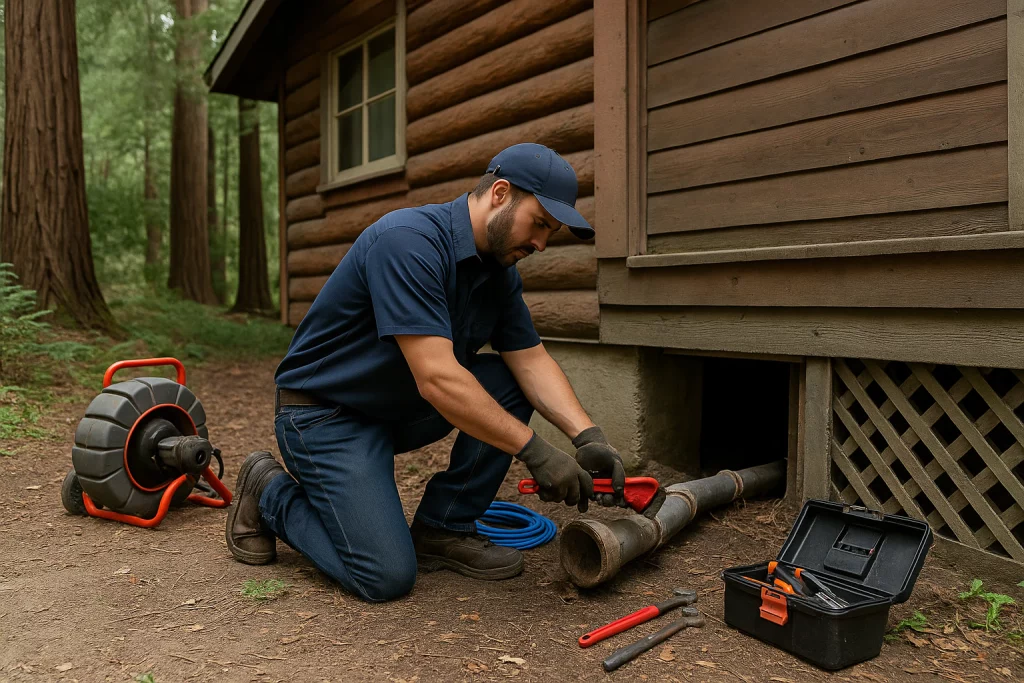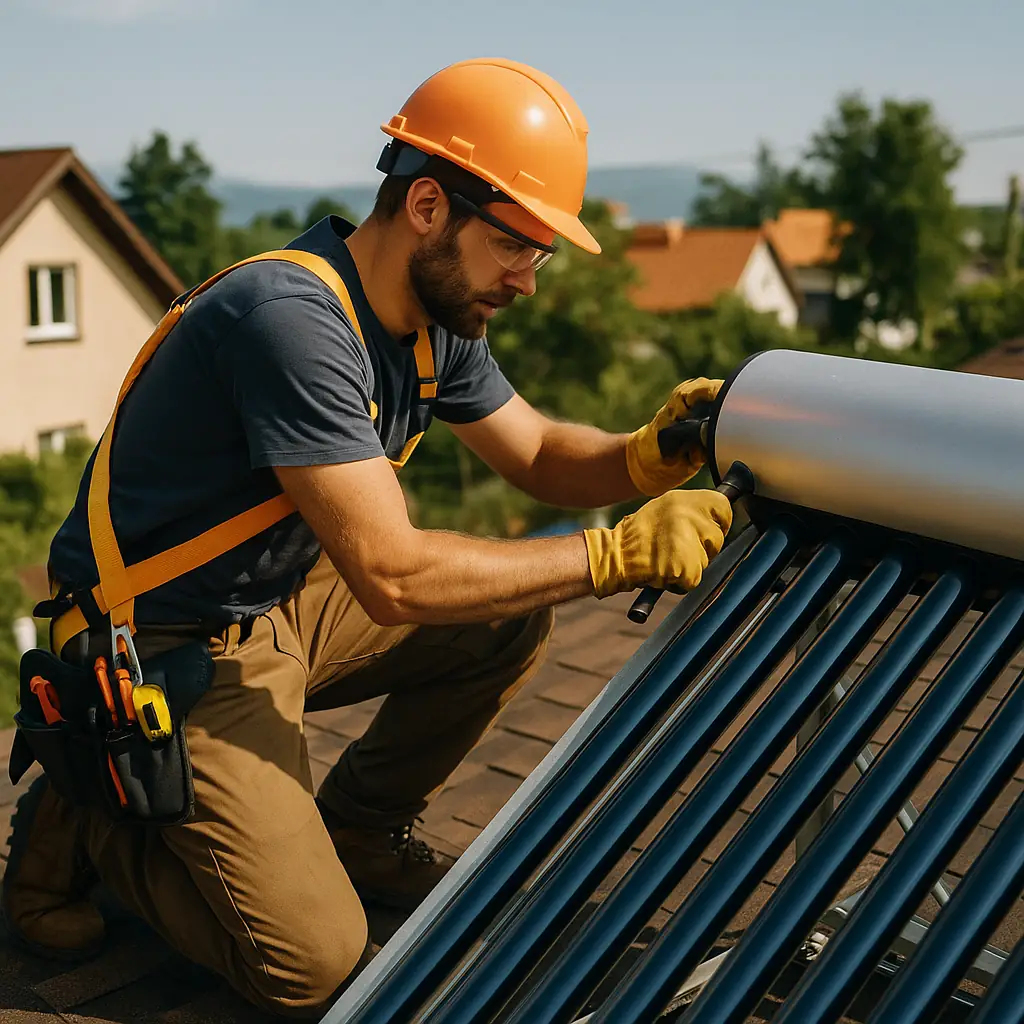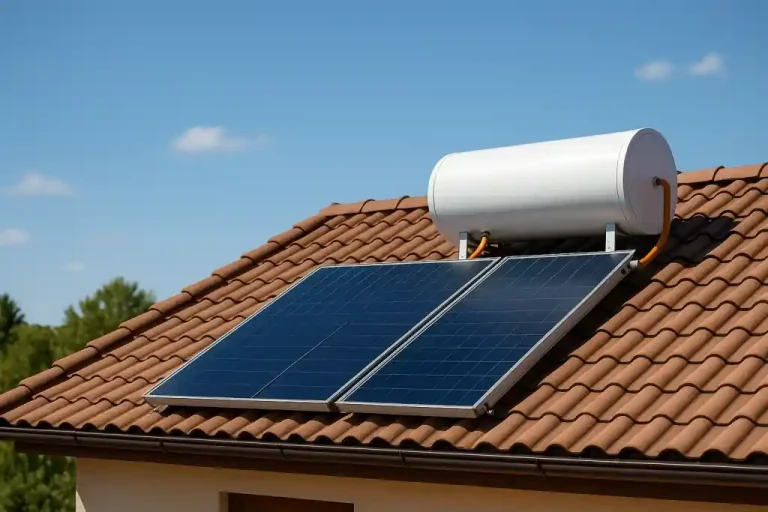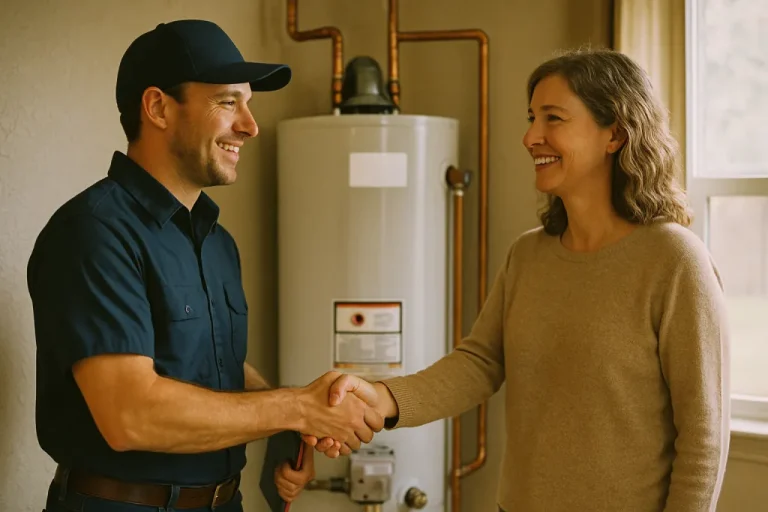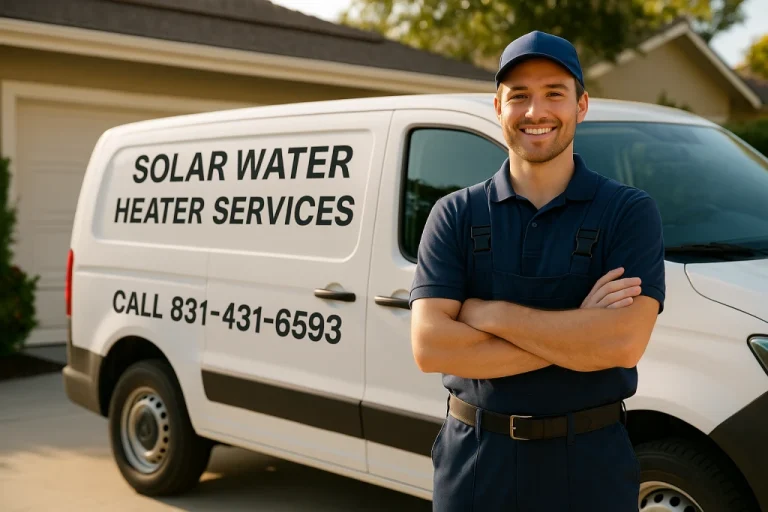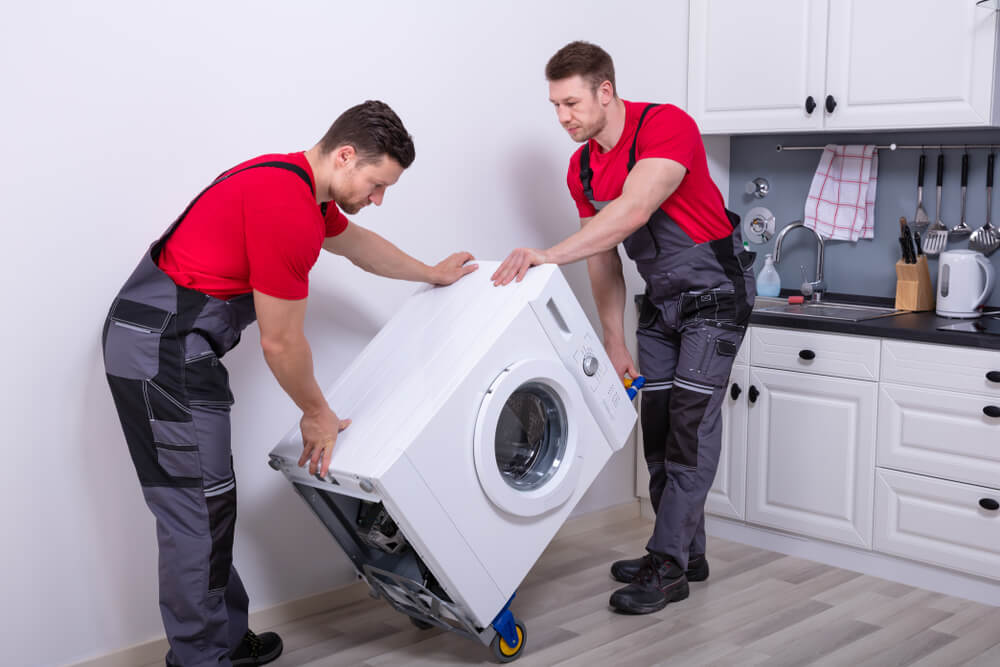
Trusted Moving Experts for Every Relocation
Santa Cruz Movers is often the first name people think of when they need dependable relocation help in the region. Beginning any move can feel overwhelming, but having the right team by your side can turn a stressful transition into a well-organized experience. Families, students, professionals, and businesses all share the same need for a moving service that is attentive, efficient, and committed to protecting their belongings from start to finish. With a focus on careful planning and thoughtful coordination, a great moving company provides more than transportation. It provides peace of mind.
Professional Guidance From Start to Finish
One of the biggest advantages of working with an experienced moving team is receiving guidance throughout the entire process. Many people begin packing without realizing how much time and effort it will actually require. By consulting with knowledgeable movers, customers can get clear timelines, easy-to-follow steps, and practical advice that helps them prepare without rushing. Professional teams understand how to evaluate a home, determine the right equipment, and create a plan that fits the customer’s schedule. This level of organization helps prevent last-minute issues and keeps the move on track.

Local Moves Made Simple and Efficient
Relocating within the same city might seem simple, but it often presents its own challenges. Tight streets, staircases, apartment policies, and parking rules can complicate the day. A reliable local moving team understands the area, knows the best routes, and comes prepared for conditions that could slow down an inexperienced mover. By handling the loading, transportation, and unloading with skill, they turn what could be a long day into a smooth process. Local moves benefit the most from teams that operate with efficiency, respect for the customer’s time, and attention to detail.
Long Distance Moves With Care and Confidence
A long-distance relocation can feel like an entirely different experience compared to a local move. Packing must be done with precision, items must be secured to handle long travel, and timing becomes essential. With a dependable long-distance moving service, customers can trust that their belongings are being monitored and transported safely across miles. These teams use high-quality materials, sturdy packing methods, and reliable vehicles to ensure that everything arrives in the same condition it left. They also offer flexible scheduling, which is crucial when customers need to coordinate new housing, job changes, or family needs.
Expert Packing for Extra Protection
Proper packing is one of the most important aspects of a successful move. Even the strongest furniture or safest box can become vulnerable without the right preparation. Professional movers are trained in packing techniques that protect fragile pieces, electronics, artwork, kitchen items, and sentimental belongings. They use strong boxes, protective padding, and organized labeling that makes it easier to unpack later. Customers save time, reduce stress, and feel confident knowing that their items are handled with real expertise. Good packing does more than protect possessions. It preserves memories.

Commercial Moving Solutions for Growing Businesses
Businesses require a very specific type of support when relocating. Equipment, files, office furniture, and valuable technology all need to be moved with precision. A commercial move must be fast and efficient because downtime can affect productivity. Experienced movers understand how to coordinate with managers, plan around business hours, and keep the workflow as uninterrupted as possible. They help companies transition to new spaces without unnecessary delays. Whether it is a small office or a larger workspace, professional movers ensure everything arrives on time and in the right place.
Storage Options for Flexible Needs
Not every relocation happens in one step. Many people need temporary storage for extra items, seasonal belongings, or things they are not ready to unpack right away. Secure storage solutions offer a convenient option during transitions. With clean facilities, proper climate control, and accessible arrangements, customers can keep their possessions safe until they are ready to move them into their new home. Having both moving and storage available through the same company makes the entire process more streamlined.
A Moving Experience Built on Trust
At the heart of a successful move is trust. Customers rely on movers to handle their most important and personal items, which is why professionalism, communication, and respect are essential. A strong moving team treats each job with care and approaches every home or business with responsibility. By focusing on service, safety, and customer satisfaction, they create an experience that people feel confident recommending to others. A smooth relocation is not just about getting from one place to another. It is about feeling supported along the entire journey.






